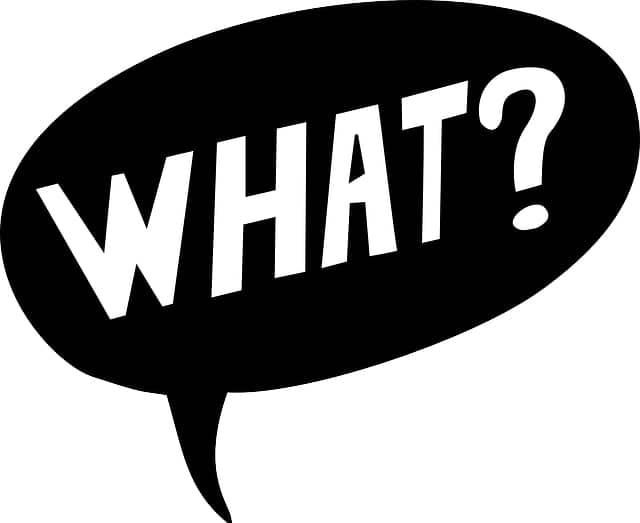What is the most common irony? As a renowned expert on William Golding’s “Lord of the Flies,” I have found that irony is one of the most common literary devices used in this classic novel. Irony is a powerful tool that writers use to convey a deeper meaning to their readers. The three most common kinds of irony found in literature classrooms are verbal irony, dramatic irony, and situational irony.
What is the most common irony? (Answer)
Verbal irony occurs when a speaker or narrator tells us something that differs from what they mean, what they intend, or what the situation requires. For example, in “Lord of the Flies,” the character of Jack is constantly claiming that he wants to maintain order and civilization on the island. However, his actions prove otherwise as he becomes more savage and violent.
Dramatic irony occurs when the reader knows something that the characters in the story do not. This type of irony creates a sense of tension and anticipation in the reader as they wait for the characters to catch up. In “Lord of the Flies,” the reader knows that the boys are not alone on the island and that rescue is possible. However, the boys are unaware of this and continue spiraling into chaos and violence.
Situational irony occurs when the opposite of what is expected happens. In “Lord of the Flies,” the boys are initially excited about being stranded on a deserted island without adults telling them what to do. However, as time passes, they realize they are entirely unprepared to survive independently, and the situation becomes increasingly dire.
What are the 4 main types of irony?
The four main types of irony are dramatic irony, comic irony, situational irony, and verbal irony. Dramatic irony occurs when the audience or reader knows something the characters do not, creating tension and suspense. Comic irony is characterized by humorous or absurd situations that are unexpected or contrary to what is expected. Situational irony arises when events unfold in a way that contradicts expectations, often leading to an outcome opposite to what was anticipated. Verbal irony involves saying one thing but meaning the opposite, often used for sarcasm or to convey a deeper meaning.
What is a famous example of irony?
One of the most famous examples of irony is found in O. Henry’s short story, “The Gift of the Magi.” In this tale, a recently married couple each decides to make a sacrifice and sell their most cherished possession to buy a Christmas gift for their partner. The irony lies in the fact that while the husband sells his watch to buy combs for his wife’s beautiful hair, she cuts her long hair and sells it to buy a chain for her husband’s prized pocket watch. The ultimate twist is that their gifts end up being useless due to their sacrifices canceling each other out, highlighting the bittersweet irony of selflessness and love.
What is the definition of irony?
Irony is a literary device that involves expressing one’s intended meaning by using language that typically signifies the opposite, usually for humorous or emphatic effect. It is a figure of speech where words or situations convey a different meaning than what is expected or intended. This often results in an unexpected twist or contradiction, adding depth and complexity to the message being conveyed.
Conclusion
In conclusion, verbal irony, dramatic irony, and situational irony are the most common forms of irony found in literature classrooms. These devices are used to create meaning, tension, and a deeper understanding of the text. In “Lord of the Flies,” these forms of irony are used to great effect, highlighting the themes of civilization, human nature, and the struggle for power.
